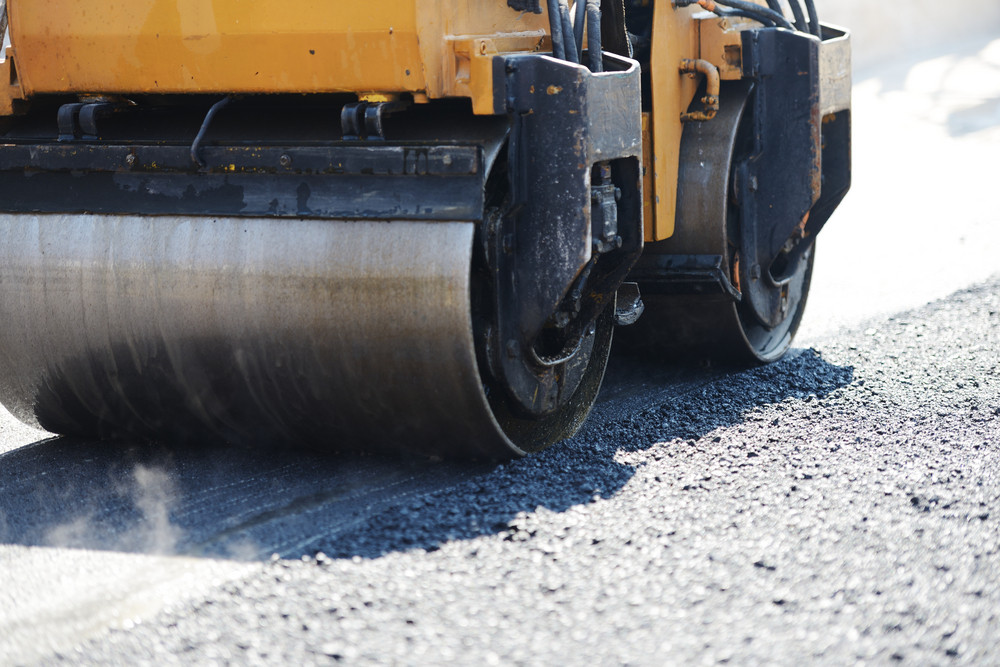As a homeowner, you have many decisions to make when it comes to the construction and maintenance of your home. One important choice is what type of surface you want to use for your driveway, walkways, and other areas of your property. Should you go with asphalt or concrete? Both have their pros and cons, and the right choice for you will depend on a variety of factors.
Material
One factor to consider is the color of the material. Asphalt is typically black, but it can also be found in other colors, such as white, yellow, and blue. These colors are often used in striping to create visually appealing patterns or to mark off certain areas. Concrete, on the other hand, can be colored in a variety of shades using dyes or pigments, but it is most commonly found in a light gray color.
Environment
Another factor to consider is the impact on the environment. Concrete has a higher albedo, or reflectivity, than asphalt, meaning it reflects 30-50% more light than asphalt. This can have a significant impact on the temperature in urban areas, as concrete surfaces can reduce the temperature in major cities by up to 7%. This can be beneficial in reducing the ‘heat island’ effect, in which urban areas are significantly hotter than surrounding rural areas due to the abundance of dark, non-reflective surfaces.
Durability
Asphalt is a flexible material that is able to withstand the expansion and contraction that occurs due to temperature changes. This makes it less prone to cracking than concrete, which is a rigid material that is more susceptible to cracking under these conditions. However, asphalt does have a shorter lifespan than concrete, with a lifespan of about 20-30 years compared to 30-50 years for concrete.
Maintenance
Both materials require regular maintenance to keep them in good condition, but the specific type of maintenance will vary depending on the material. Asphalt surfaces should be sealed every 3-5 years to protect them from the elements and prevent deterioration. Concrete surfaces should be sealed as well, but the type of sealer used will depend on the specific needs of the surface. There are two main categories of paver sealer products: water-based and solvent-based. Water-based sealers are more environmentally friendly and easier to clean up, but solvent-based sealers tend to provide better protection and last longer.
Cost
Asphalt is generally less expensive to install than concrete, making it a more budget-friendly option for many homeowners. The cost of asphalt driveway installation can vary depending on a variety of factors, such as the size of the driveway, the thickness of the asphalt, and the cost of labor in your area. On average, you can expect to pay between $2 and $5 per square foot for asphalt driveway installation.
Concrete, on the other hand, tends to be more expensive to install than asphalt. The cost of concrete driveway installation can also vary depending on factors such as the size of the driveway, the thickness of the concrete, and the cost of labor in your area. On average, you can expect to pay between $4 and $10 per square foot for concrete driveway installation. In addition to the initial installation cost, you should also consider the ongoing maintenance costs of each material. As mentioned earlier, asphalt surfaces require sealing every three to five years, while concrete surfaces require sealing with a specialized product.
Both materials have their pros and cons. It’s important to weigh your options and decide what materials will work best for you. No matter what, you’ll be sure to enjoy your new driveway.








